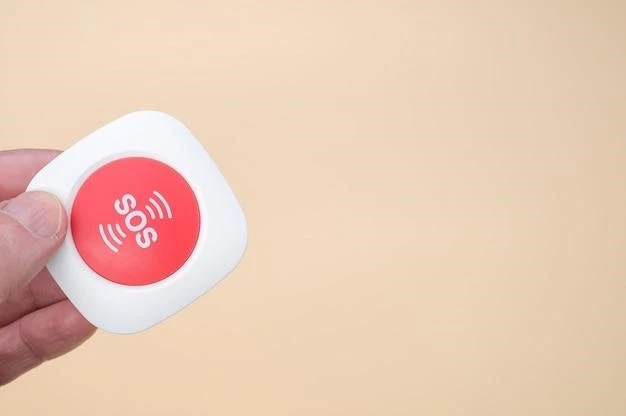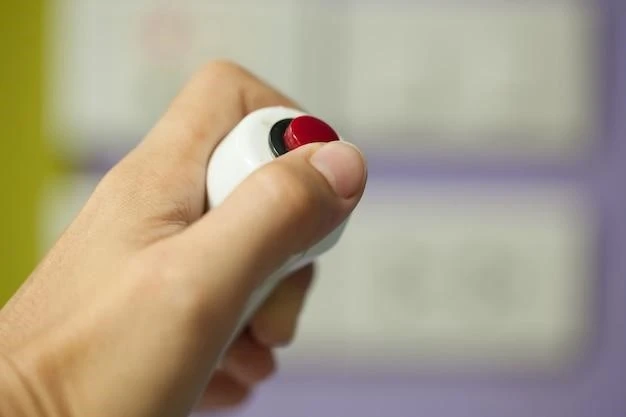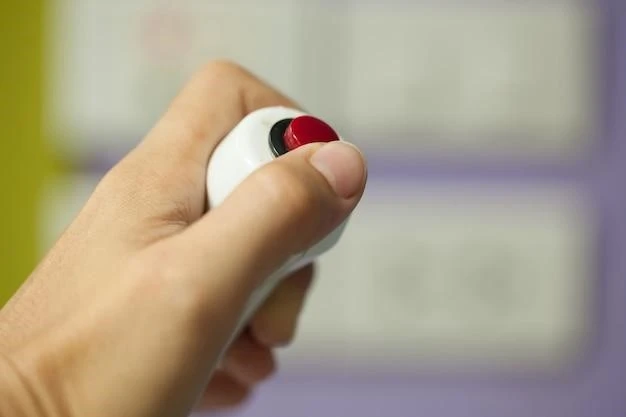What is more valuable than your safety or that of your loved one? Finding the perfect medical alert system might seem like a chore, but it’s one of the best decisions you could ever make for yourself or your loved one. It means peace of mind, knowing that help will come at the touch of a button in times of crisis. With so many choices now available, it is very important to determine which system will best meet your needs and lifestyle.
So, from simple to advanced systems, with or without GPS tracking and fall detection, there’s one for every need. It all comes down to knowing your priorities: Do you want to wear a device? Does it need to work outside the home? And how much are you willing to spend?
This article helps explain the selection of an optimal medical alert system for our use.

1. Assess Your Specific Needs
Before diving into the specifics of various medical alert systems, assessing your needs is crucial. First, reflect on what medical conditions or physical limitations might put you in a position to need help immediately. If you have fallen before, you may want a system with fall detection technology incorporated. Also, consider the occurrence of emergencies in your life, whether you live alone or have caregivers nearby.
Furthermore, your daily lifestyle can also help determine which device best suits you. If you stay mostly indoors, a landline in-home system may work for you. However, if you like going outdoors or have to travel out of town, a mobile alert system that can operate outside of the home setting will be most suitable.
For instance, for those living in Canada, there are several options available as far as medical alert systems in Canada are concerned. Thus, whether one is in a rural area or the larger urban centers, such systems are designed to solve various needs.
2. Determine Whether You Like In-Home Or Mobile Systems
When you are clear about your needs, it will be time to decide between an in-home and a mobile system. In-home systems generally consist of a base unit connected through a landline or cellular network and a wearable help button. These systems offer access to immediate emergency assistance with ease within the walls of your home and should be utilized by those people who spend most of their time indoors.
On the other hand, mobile systems are installed with GPS technology and cellular, which enables subscribers to access help wherever they may be. This variant is very suitable for busy people who are always on the go due to errands, social activities, or merely traveling.
3. Compatibility Check Of The Device With A Smartphone Or Landline
Another important factor to consider when choosing a medical alert system is its compatibility. Most systems are workable with a smartphone, tablet or even a landline. This forms the basis for consideration, which you ought to verify in advance.
Additionally, if you plan to use a typical landline connection, make sure the one you purchase provides excellent assurance with your local phone services. Some systems, moreover, will require only cell connectivity to work, meaning that, once again, an understanding of your possible communication preferences comes into play.

4. Monthly Fees vs. UpFront Costs
Cost is usually one of the significant considerations a person makes when choosing their medical alert system. The cost can vary depending on several features, technologies, and services provided. First comes the initial cost, which could range from equipment or an installation fee to the true activation. Most systems sporadically offer promotions or discounts, thus requiring customers to shop around for options that sound the most impressive.
Furthermore, most medical alert systems will carry some sort of month-to-month fee, which can be considered service costs for 24/7.
5. Look For Reliable Services That Can Offer 24/7 Monitoring
A medical alert system is only as good as the monitoring service behind it. When considering any system, first thought should be given to those that reliably offer 24/7 monitoring services. This would imply that trained professionals are around the clock to respond in an emergency; hence, help is only a button press away.
Furthermore, read reviews and ratings from current and former users to check the monitoring company’s reputation. Also, find services with a good track record of reliability and prompt responses, as these will genuinely affect your experience.

6. Measure The Range and Battery Life
Lastly, when choosing a medical alert system, consider the range and battery life of the devices. In-home systems should boast a range large enough to cover your entire living space, including the yard or garage, while mobile systems should be GPS-enabled to pinpoint your exact location when help is needed.
Another extremely important factor, especially when it comes to wearable devices, is battery life. Systems with long-lasting batteries will be more helpful, sustaining normal wear and tear without needing to be recharged often.
Key Takeaway
When choosing the best medical alert system for your needs, many factors should be considered. You may start by assessing your needs, selecting what type of system will suit your lifestyle, checking the compatibility, comparing costs, and evaluating the monitoring services to make an appropriate choice.
Furthermore, pay attention to the range and length of battery life so you can be assured your system will work dependably when needed. Also, you can invest a lot in a medical alerting system for safety and dependability in independent living.



































